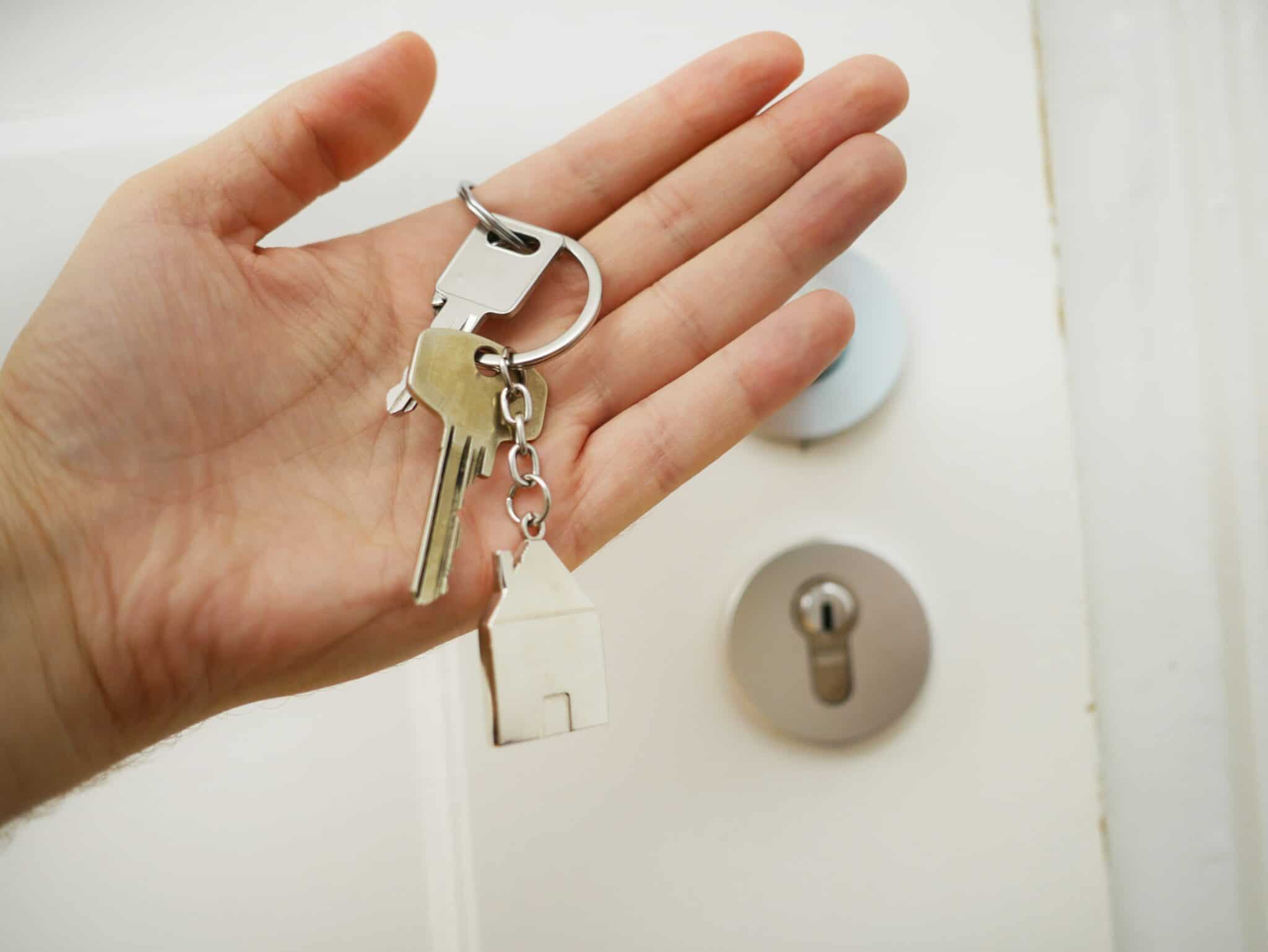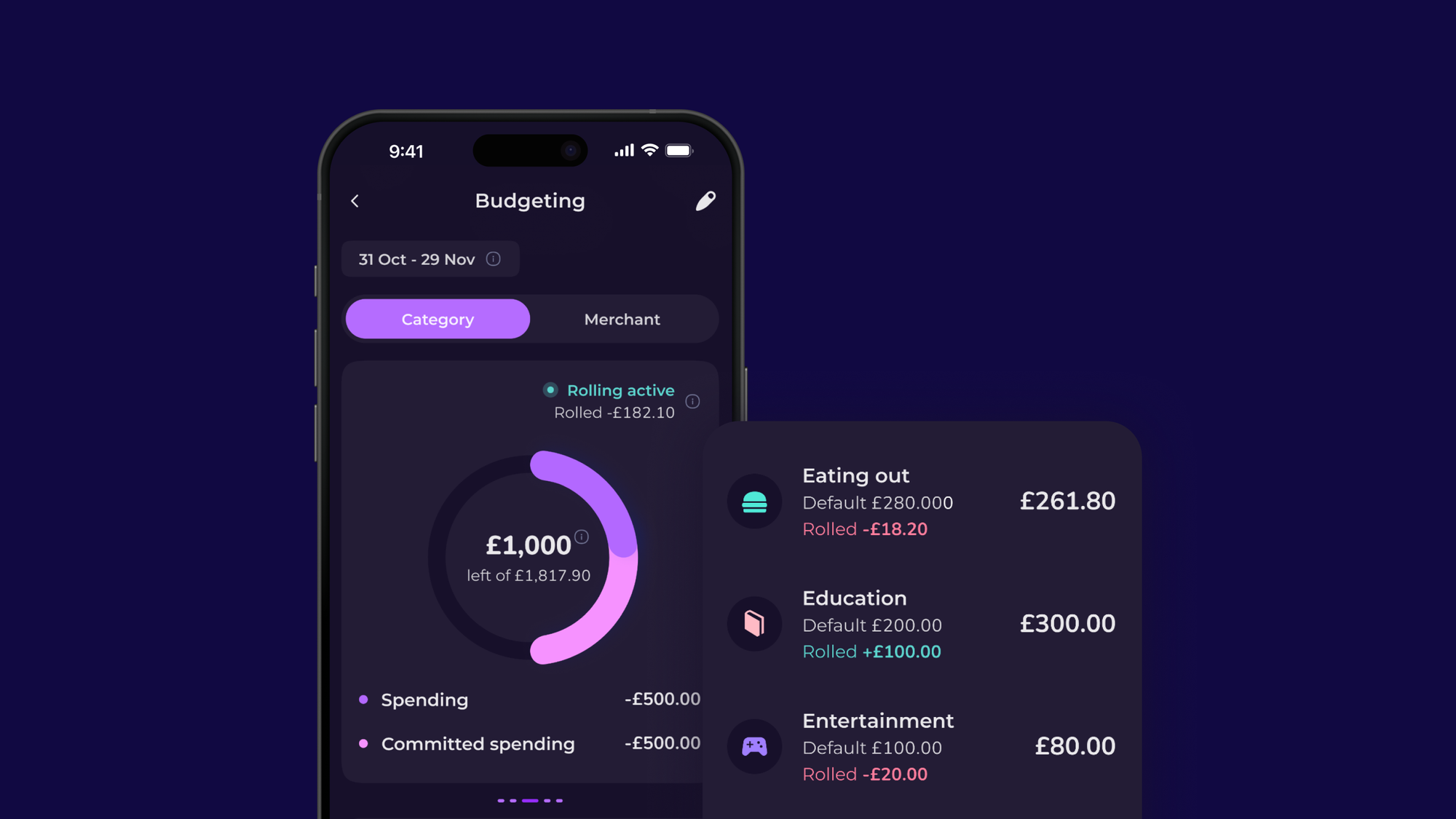FEATURED ARTICLE
The Upfront Costs Of Buying A House

Rebekah May
August 26, 2020 •6 min read
TABLE OF CONTENTS
Buying A House In The UK
Buying A House In The US
Summary
When it comes to buying a house, it’s not just the deposit you need to be saving for.
There are lots of hidden costs involved with buying a house, so to help you avoid any nasty surprises, we’ve listed all the upfront costs you can expect to come across when buying a house.
First, we’ll go through all the costs involved when buying a property in the UK. Then we’ll look at what’s needed for the US.
Buying A House In The UK
1. Deposit
When you start thinking about buying a house, saving for a deposit is usually your first thought.
A deposit is the amount of money you need to pay upfront for your house.
Unless you can afford to pay for the house in full, you’ll normally be asked to pay a deposit of 5% -20% of the total house value. The remaining value of the house is then paid over a set period of time, through your mortgage.
This means that if you’re looking to buy a house for £300,000, you’ll need to save between £15K to £60K for the deposit.
Paying a larger upfront deposit is usually considered a better thing to do. It’ll mean your monthly mortgage repayments and interest rates are smaller. However, it can take a long time to save a large sum of money, so don’t let this put you off.
2. Mortgage Fees
With a mortgage, comes mortgage fees. There is an arrangement fee, as well as a booking fee, paid to your lender, which could put you back another £2K.
You may be given the option to include these fees into your mortgage instead of paying them upfront. If you do this, remember that means you’ll be paying interest on the amount.
3. Stamp Duty
Stamp Duty is a type of tax that you pay the government if you’re buying a property, or land, over a certain price.
The cost of stamp duty will differ depending on whether you’re a first-time homeowner, home mover, buying a buy-to-let property, or second/ holiday home. How much you pay also depends on whether the property or land is residential/ non-residential.
Currently, if you buy a property for less than £500,000 you will not be required to pay any stamp duty. However, this is set to change in April 2021. The threshold will change back to pre-COVID rules of £125,000, or £300,000 if you’re a first-time buyer.
If you want to work out how much you’re going to pay in stamp duty there are various online calculators you can use. Enter where the property is, if you’re a first-time buyer, when, and how you’ll be using the property and the property price. The calculator will then tell you how much money you'll pay in stamp duty.
4. Valuation Fees
A mortgage lender will carry out a basic inspection of your property. They will assess the value of your home and how much they are willing to lend you. A valuation fee is therefore the sum of money paid to your mortgage lender for this valuation.
The cost of this will depend on the value of your home, and the mortgage lender you use. It usually costs between £500-£1500. (Although in some cases you might not be charged for this at all.)
A mortgage lender will not complete an in-depth survey of your home. If you require an overview of any repairs or maintenance needed on your property, you will need to pay for a full structural review which is another extra cost.
5. Surveyors Fees
If you want to really understand the condition of the property you are buying, you should look to get it checked out by a surveyor.
At this point, you're probably calculating all the costs and considering whether this is worth paying for. If you don’t get a surveyor, it could cost you even more money in the long run. You really don't want to discover your home has damp, bad plumbing, or structural problems.
Again, the cost of a surveyor can vary, but it’s worth saving up to £700 for this. If the survey comes back and shows any small problems, you can always try and claim this money back by negotiating the house sale price.
6. Legal Fees
Next, we have all the legal costs. Buying a house can be a complicated process, so you’ll want a solicitor to help with legal matters.
Solicitors will be in charge of checking all the paperwork, assessing if there are any planning permission issues, dealing with the transfer of ownership and generally making sure you won’t run into any nasty surprises.
Unfortunately, they do not come cheap. You should expect to pay anywhere between £500 to £1,500 for this.

Buying A House In The US
1. The Down Payment
When it comes to upfront costs, the downpayment is probably going to be your biggest expense. Most homebuyers need at least 3-3.5% of the value of the house. If you’re buying a house for $300,000 that’s $9,000 to $10,500 you’re going to need to pay upfront.
Then you have all the “closing costs”. These are all the fees that are required to close on a home deal.
Closing costs can normally be negotiated, with either the buyer or the seller taking responsibility for the payment. Closing costs normally add up to between 2-5% of the total home purchase price. Costs include lender fees, title service fees, state recording fees, and appraisal fees.
2. Lender Fees
There are a couple of different lender fees that you might have to pay when buying a house in the US. The first is the origination fee. This is the money that you pay the lender for their services in creating the loan.
There’s also an underwriting fee, a credit score fee, and an application fee that you may have to pay your lender.
3. Title Service Fees
When you buy a property, you need a way to show that the seller has transferred legal ownership of the home to you. Title service fees are therefore the cost of issuing a title insurance policy for the lender. You might see payments are needed for title search, title settlement, and title insurance.
4. State Recording Fees
You may also be required to pay a state recording fee for holding the information regarding the sale. However, this depends on where you live. The fees are assessed by state and local government agencies and they legally record the documentation related to your home loan.
If you’re buying a house and there is no mention of paying these fees, the seller may have already paid them so double check.
5. Appraisal Fees
A house appraisal is needed to estimate the properties current market value. This is because lenders need to know that the sale price of a home is accurate to its actual value.
An appraisal fee is therefore the cost of hiring a professional to make this evaluation. The appraisal fee can normally be found on your loan estimate, but expect to pay around $300 - $450
6. Reserves
If it didn't already feel like the costs of buying a house were huge, many mortgage companies will want you to have a set amount of money in savings. Almost as a form of insurance that you’re not going to run out of money.
Two months of reserves or mortgage payments are the normal amount they would expect you to have.
Summary
We hope that this article has helped to show you the true upfront costs of buying a house.
Now all you need to do is work out how much money you’re going to need, and start reaching those big savings goals!
If you need help with sticking to your savings goals, make sure you check out Four Budgeting Methods That Really Work!
If you found this article on the costs of buying a house helpful, then let us know on Facebook, Twitter, Instagram, or on the Emma Community.
Emma is a money management app that connects all your bank accounts to track your monthly spending and subscriptions. Emma will help you visualise and take control of your finances. Make sure you aren’t overspending and show you practical steps to start budgeting effectively.
You may also like
Check out these related blog posts for more tips
© 2025 Emma Technologies Ltd. All Rights Reserved.
Emma is registered and incorporated in England and Wales.
Emma Technologies Ltd is an appointed representative of RiskSave Technologies Ltd, which is authorised and regulated by the Financial Conduct Authority (FRN 775330).
Payment services (Non MIFID or Deposit related products) for Emma Technologies Ltd are provided by The Currency Cloud Limited. Registered in England No. 06323311. Registered Office: Stewardship Building 1st Floor, 12 Steward Street London E1 6FQ. The Currency Cloud Limited is authorised by the Financial Conduct Authority under the Electronic Money Regulations 2011 for the issuing of electronic money (FRN: 900199). For more detail on how your money is protected please see here. You can also find Currency Cloud's Terms of Use here.
Emma Technologies is an Introducer Appointed Representative of Quint Group Limited and not a lender. Quint Group Limited is authorised and regulated by the Financial Conduct Authority (Firm Reference Number 669450). Monevo Limited is an Appointed Representative of TransUnion International UK Limited. TransUnion is authorised and regulated by the Financial Conduct Authority (Firm Reference Number 737740). Emma Technologies introduces customers first to Quint Group Limited, as a licensed credit broker, who then refers on to Monevo Limited.
Emma is registered with the Financial Conduct Authority under the Payment Services Regulations 2017 for the provision of payment services.
Financial Conduct Authority Reg Nr: 794952.
Company Registration Number: 10578464.
Data Protection Registration Number: ZA241546.
All testimonials, reviews, opinions or case studies presented on our website may not be indicative of all customers. Results may vary and customers agree to proceed at their own risk.
Resources: Cancel subscriptions, Cashback offers, Who charged me, Rent Reporting, Budgeting, Investment universe, Emma vs Moneyhub.
Featured cashback offers: Samsung, SimplyCook, NordVPN, Audible, M&S Homeware.









